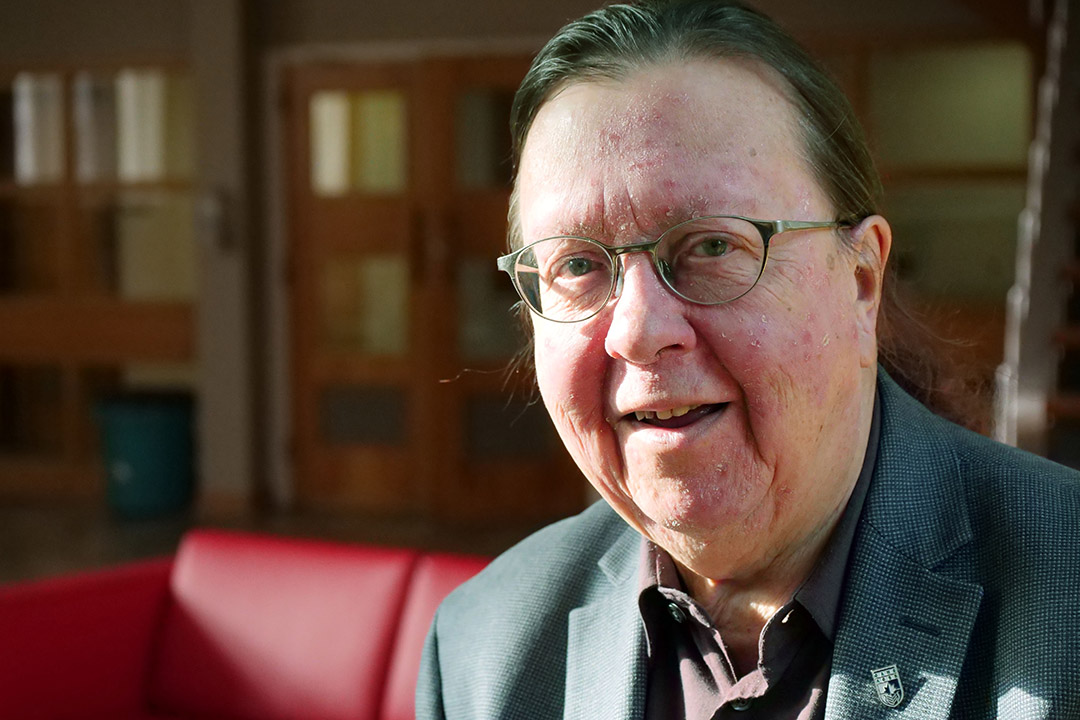
USask researcher named a fellow of the Royal Society of Canada
SASKATOON – University of Saskatchewan (USask) researcher Dr. Malcolm King (PhD) has been named a fellow in one of Canada’s oldest and most prestigious national institutions.
By USask Research Profile and ImpactKing, a member of the Mississaugas of the Credit First Nation, professor of community health and epidemiology, and scientific director of Saskatchewan Centre for Patient-Oriented Research at USask, was named a fellow of the Royal Society of Canada (RSC) on Sept. 7—one of 89 new fellows elected by their peers for their outstanding scholarly, scientific and artistic achievement.
“Dr. King carries out research the world needs with deep care and consideration for the communities he serves,” said USask Vice-President Research Baljit Singh. “We congratulate him and are thankful for the influential role he plays in Indigenization within our institution and across the country.”
King is one of Canada’s prominent leaders in the promotion of the health and well-being of Indigenous Peoples, and internationally has been key to efforts to improve health and health research for Indigenous communities.
His high-impact publications on Indigenous health have served as major benchmarks for understanding health equity and have been cited thousands of times. King’s role on the Canadian Institutes for Health Research’s inaugural governing council and as scientific director of CIHR’s Institute of Indigenous Peoples’ Health have helped to set the agenda for health research engaging Indigenous Peoples.
“To me, my crowning achievement is one that I share in: the establishment of the ethical principles for Indigenous health research that were taken up by the Canadian Institutes of Health Research in 2007,” said King. “They became, in a modified version, the Tri-Council Policy Statement for our research with First Nations, Métis and Inuit people in Canada.
“I was one of many people involved in that. It's important because it has defined what's important for Indigenous health research.”
King was trained as a polymer chemist, and has contributed substantially to the study of respiratory medicine, including cystic fibrosis, chronic obstructive lung disease, and most recently, the aerosol spread of COVID-19. He currently co-leads the Indigenous Wellness Research Group pewaseskwan (Cree for “the sky is clearing”) with Dr. Alexandra King (MD).
Recognition by the RSC for career achievement is the highest honour an individual can achieve in Canada in the arts, social sciences, and sciences.
-30-
For more information, contact:
Victoria Dinh
USask Media Relations
306-966-5487
victoria.dinh@usask.ca

